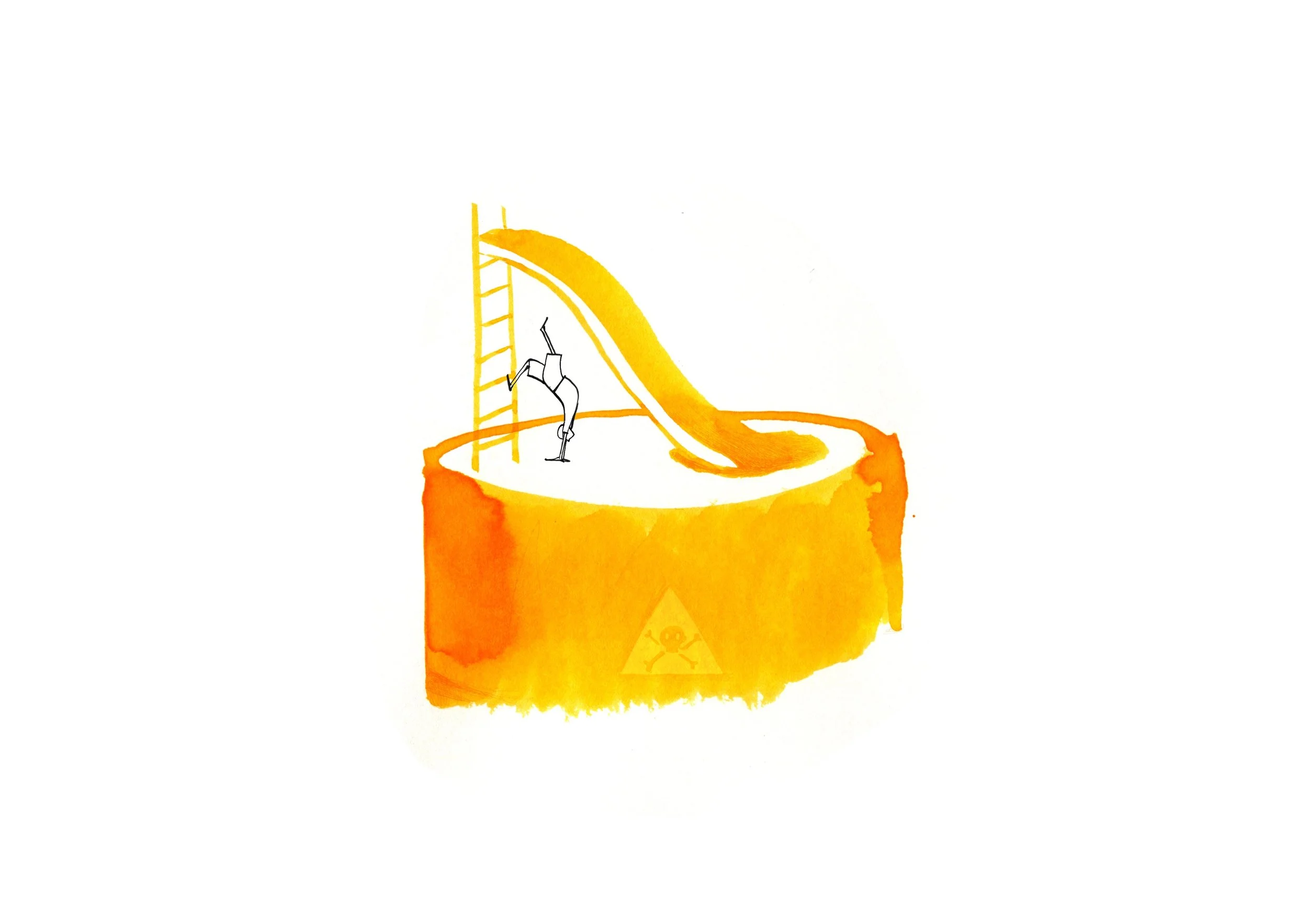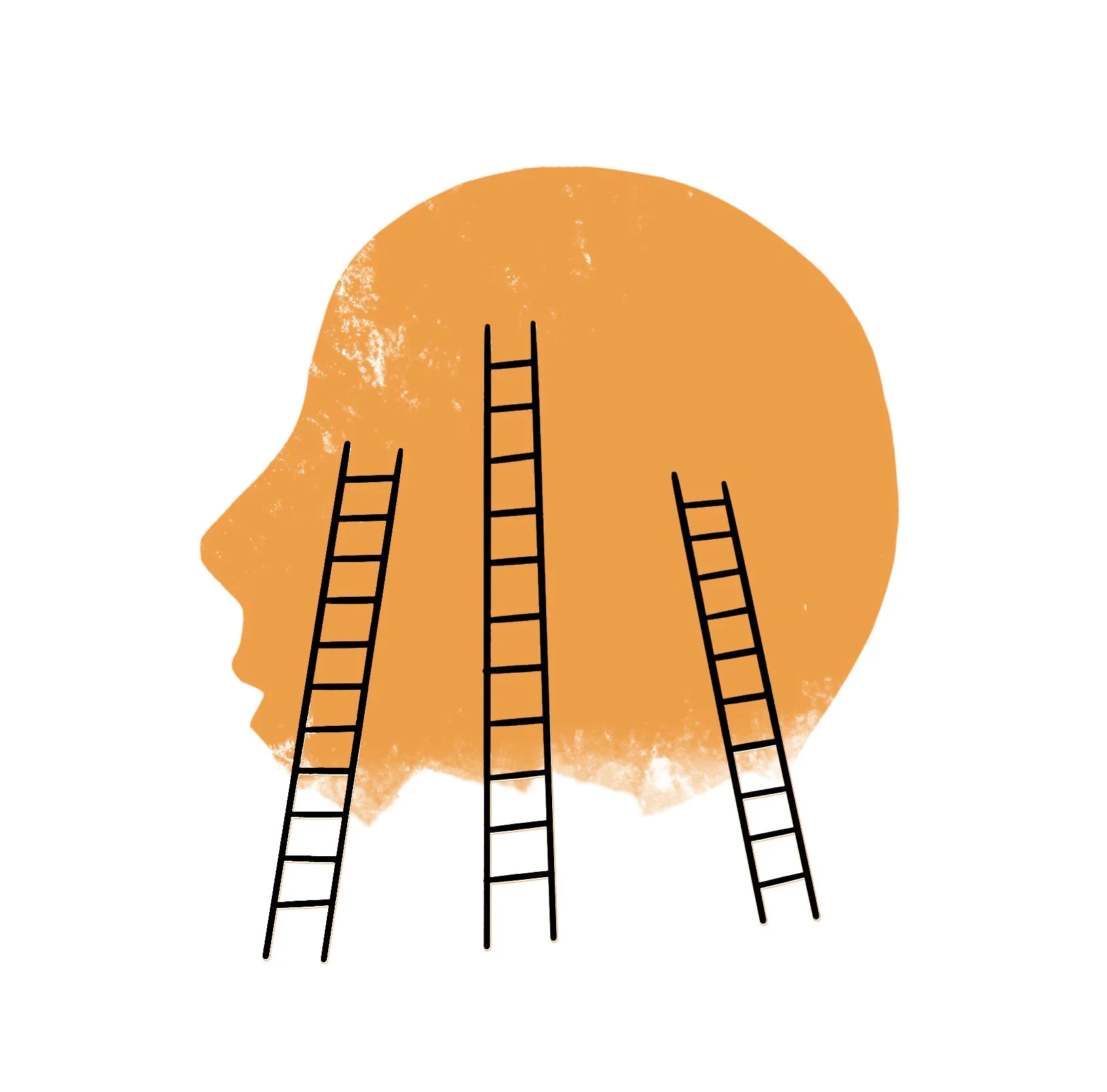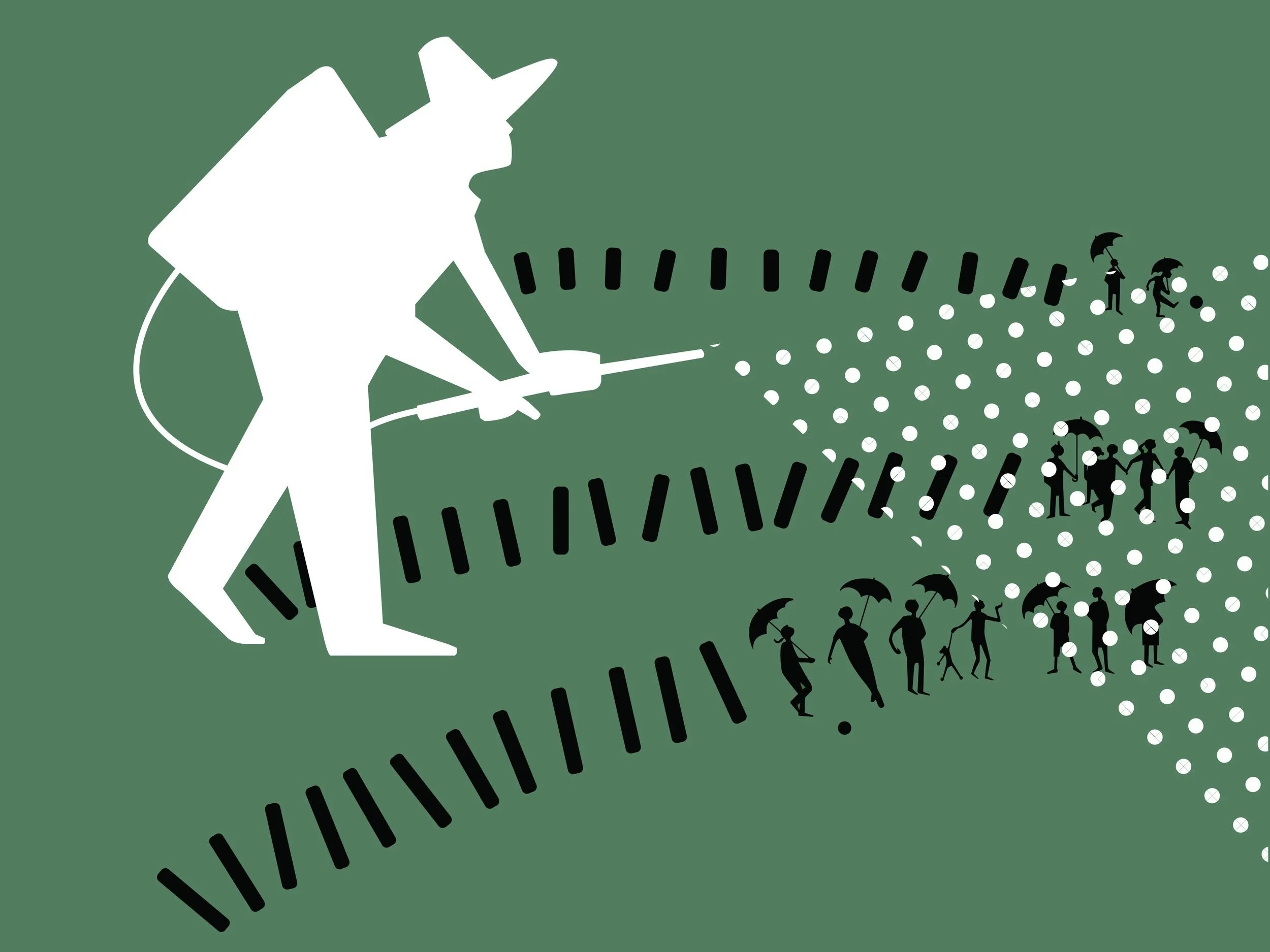While the EU has banned many pesticides deemed too dangerous for use within its borders, EU-based companies are still allowed to manufacture and export banned substances to countries with weaker protections. This toxic double-standard violates children's rights, endangers vulnerable communities and threatens ecosystems all over the world.
Read MoreBy agreeing to the revised Toy Safety Regulation in April 2025, the European Union has taken an important step in protecting children’s health. However, a long road lies ahead - as many promises from the EU’s Chemicals Strategy for Sustainability are pending and could still be under threat. How can we work to ensure that children in the EU are protected against harmful exposure?
Read MoreAlong with Greenpeace, Amnesty International and other initiators, Child Rights International Network is calling on the European Union to close “hypocritical, cruel, unfair and intolerable” loopholes which allow companies based in the EU to export banned toxic products to other parts of the world, including the sale of unsafe children’s toys.
Read MoreOur joint statement with Eurochild: Human rights violations at the hands of Israel extend to Lebanon and children are paying the highest price. The time for a response is now; delay is unacceptable.
Read MoreOur new report uncovers the links between hazardous chemicals and children’s rights violations in the European Union (EU) and beyond. It sets out how EU chemical laws fail to uphold children’s rights and invites EU decision makers to rethink how to better assess, regulate and restrict those chemicals. Children’s rights violations linked to the exposure to hazardous substances have been neglected for too long. Decision makers now have the opportunity to make things right.
Read MoreCRIN and over 500 organisations have joined an open call for an immediate ceasefire in the Gaza Strip and Israel to prevent a humanitarian catastrophe and further loss of innocent lives.
Read MoreAcross the EU dangerous chemicals in toys put children at risk because corporate interests are placed above children’s wellbeing. This could be about to change as the EU reform toy safety laws. We explain how decision makers can ensure that the new laws put children’s rights first.
Read MoreBy joining the largest network of environmental citizens’ organisations in Europe, we hope to bring children's rights among the core priorities of the environmental movement in and beyond the European Union.
Read MoreThe European Union is about to make important decisions to reform its pesticide laws, which currently still expose children to harmful chemicals and don’t fully protect children’s health and their environment. We explain how the EU can better protect children by making children’s rights central in the new regulations.
Read More








